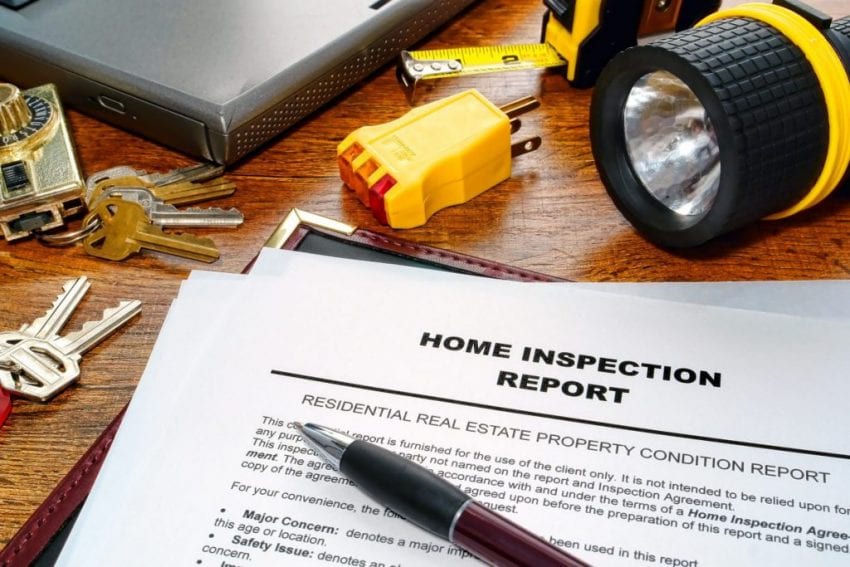One of the biggest purchase you will ever make in your life is a house. Hence, when you are looking at homes, it is important that you ensure that your new home is properly inspected before you sign the papers. One of the first steps you should take is finding a qualified home inspector.
A home inspector is a qualified expert who will visually inspect the components and structure of the home, as well as look for potential or immediate issues. They will provide you with a written report with a description of the problem areas and might also include recommendations for further evaluation. You can then go over the report with your real estate agent and decided on how the inspection result can affect the purchase of your new home.

What Do They Inspect?
The inspection process might be different from state to state, however, there are some standard practices that outline the minimum standard that you can expect from a home inspection. This include:
- Structural Elements – the construction of the foundation, evidence of bowing or sagging of the structure, and window and door alignment.
- Safety – operating carbon monoxide and fire alarms, condition of the stairs, guardrails, and hands, fire sprinklers, and garage door openers.
- Grounds – any leaks from the septic tank, the condition of the driveway, sidewalks, and fences, and proper drainage.
- Roof – the condition of the shingles, and patches or repairs to flat roofs, damage to the chimneys, properly working gutters, and clear vents.
- Exterior surface – proper clearance between siding and ground material, the condition of the house paint, and working electrical and power outlets.
- Attic – proper ventilation, and signs of water damage or leaking, and sufficient insulation.
- Interior Plumbing – no leaking or damaged pipes, proper water temperature, as well as working sinks, toilers, showers, and bathtubs.
- Electrical System – up-to-code condition and type of wiring, the proper function of the outlets, lights, fans, and circuit breakers.
- Appliances – the proper function of the dishwasher, microwave, stove, fridge, dryer, washer, as well as other appliances.
- Heating and Cooling Systems – the condition of the furnace, AC, chimney, water heater, and fireplace.
- Basement – solid walls, floors, and foundation, with no signs of water damage or intrusion.
- Garage – solid windows, foundation, ceiling, roof, framing, working garage doors, the electrical system, and properly functioning outlets.
Who Pays for a Home Inspection?
According to the experts from House-Inspections, finding a home inspector can be quite simple, from asking your real estate agent to doing your own research of the local inspector. It is important that you find someone who is experienced, certified, and knowledgeable.

Why Do You Need to Inspect the Home?
The report can uncover some major problems with the home which can be expensive to fix in the future. Hence, with a home inspection, you can consider how serious the problems are and whether they will determine if you want to purchase the home. For instance, the kitchen counters might show some wear and teat, hence, you will need to replace or fix them. The report can also show serious hazards like structural damage that can be expensive to fix. You can then ask the seller to make the repairs or negotiate the price to account for these problems.
Conclusion
Buying a new home is a big purchase, hence, it requires a dedicated team. Besides the lender and real estate agent, a home inspector is the most important person that will surely complete your team. Make sure that you learn more about the inspection process and find an inspector that you can trust and rely on.









